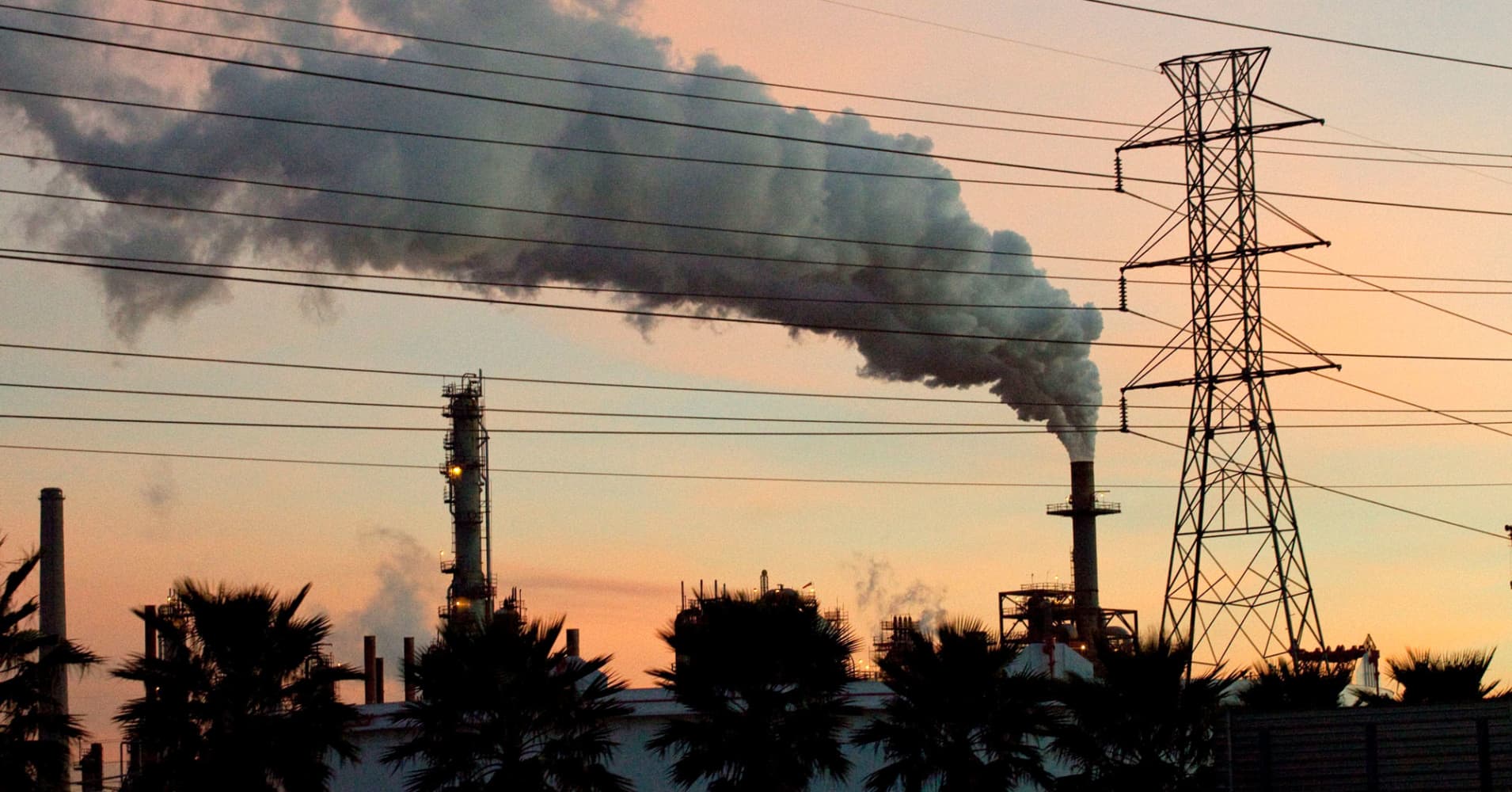
Sarada Prasanna Das

Sarada Prasanna Das is an Associate Fellow at the Sustainable Futures Collaborative (SFC). He works on the sociology and politics of electricity governance and energy transition in India. He is also interested in environmental governance and water-energy-food nexus in the context of India. He has worked on post-reform electricity regulation and governance in Haryana, electricity reforms in Madhya Pradesh and Punjab, and power procurement practices and resource planning by discoms in India. Prior to SFC, he worked at the Centre for Policy Research, Centre for Energy, Environment & Resources, and CUTS Institute for Regulation & competition. He holds PhD, MPhil and MA degrees in Sociology from Jawaharlal Nehru University.
Publications


Reports
Energy Transitions
Energy Transitions Preparedness Initiative: Buildings Sector
Deepak Tewari, Rushabh Soni et al.
ETPI | 28 May 2024
This study aims to understand the energy transition preparedness of the buildings sector of 10 states in India and highlights good examples from the states.


SFC Perspectives
Adaptation and Resilience
Climate Policy
Energy Transitions
Environmental Governance and Policy
SFC Perspectives on Adaptation and Resilience, Climate Policy, Energy Transitions, and Environmental Governance and Policy
SFC
SFC | 19 March 2024
SFC Perspectives are intended to stimulate discussion by providing an overview of key issues and avenues for action to inform India's sustainable development trajectory.


SFC Perspectives
Energy Transitions
Enabling the Energy Transition: Technology, politics & institutions in India’s energy system
Ashwini K Swain, Sarada Prasanna Das, Suravee Nayak, Catherine Ayallore and Navroz K Dubash
SFC | 18 March 2024
Our research and engagements at SFC focus on rethinking the configuration of technology, politics and institutions in Indian energy as a necessary complement to techno-economic solutions for enabling the transition.


Books and book chapters
Environmental Governance and Policy
Media, Politics and Environment: Analyzing Experiences from Europe and Asia
Detlef Briesen and Sarada Prasanna Das
Springer, Cham | 14 June 2023
The book studies how environmental protection is embedded in the political systems by comparing industrialized countries and emerging economies. It brings froward how concrete environmental policy emerges from a complex interplay of mass media and political conflicts.


Books and book chapters
Environmental Governance and Policy
State’s Commitment to Environmental Governance in India: Struggle Between Developmental Pressure and Sustainability Challenges
Sarada Prasanna Das
Springer, Cham | 14 June 2023
This chapter examines the concept and practice of environmental governance in India. It argues that balance in the environment-development trade-off is necessary to meet growth objectives and that enforcement measures do not necessarily obstruct the growth.


Journal articles
Energy Transitions
Solar Rooftop Systems and the Urban Transition: Shall the Twain Ever Meet? Interrogations from Rewari, India
Marie-Hélène Zérah and Sarada Prasanna Das
Journal of Urban Technology | 24 February 2023
This study examines Solar Rooftop Systems (SRS) on Delhi's outskirts. It reveals how current policies miss the mark by not emphasizing the need for a more integrated approach to urban energy planning that transcends the rural-urban divide.



